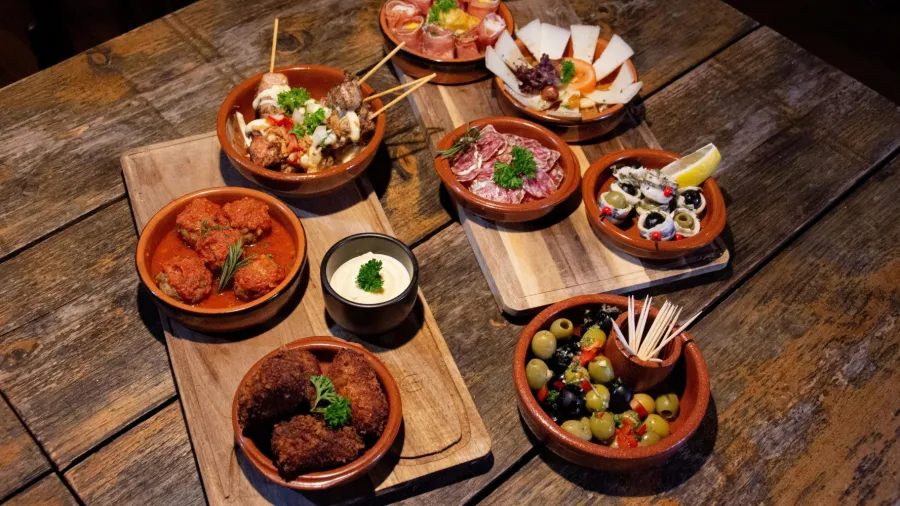
India's foodservice industry shifts toward eco-friendly practices
Many businesses are reducing plastic use and sourcing ingredients sustainably.
India's foodservice operators are increasingly adopting eco-friendly practices in response to growing consumer demand for sustainability, according to GlobalData.
Many businesses are reducing plastic use and sourcing ingredients sustainably, demonstrating a commitment to balancing growth with environmental responsibility.
Biswarup Bose, lead consumer analyst at GlobalData, noted that the reduction of single-use plastics is a key shift in the industry.
Government mandates and consumer advocacy are pushing restaurants and food delivery platforms to replace plastic packaging with biodegradable options. For example, Chai Point and Pot Pot are leading the way with eco-friendly packaging.
A recent GlobalData survey found that 59% of Indian consumers consider the ethical and environmental impact of food and drink products when making purchasing decisions.
Francis Gabriel Godad, consumer business development manager at GlobalData India, added that operators are focusing on locally sourced, organic, and seasonal ingredients. This shift supports local farmers and reduces the carbon footprint associated with transportation.
The survey revealed that 77% of respondents would stop buying from brands with unsustainable supply chains.
Bose emphasised that consumer demand, especially from younger generations, is driving the shift toward sustainability.
Customers are increasingly choosing foodservice operators that align with their values. As food delivery grows, many are opting for greener delivery methods such as electric bikes, and using reusable or compostable packaging. Platforms like Zomato and Swiggy have also introduced options for “no plastic cutlery.”
Godad concluded that government policies, such as the ban on single-use plastics, are accelerating the industry's shift toward sustainability. However, scalability remains a challenge for smaller operators due to the high costs of sustainable materials and technologies, indicating a need for investment and incentives to support broader adoption of eco-friendly practices.

















 Advertise
Advertise







